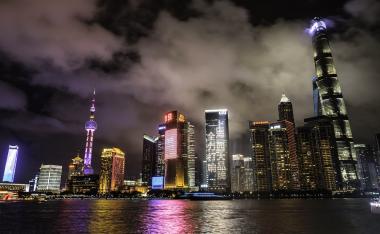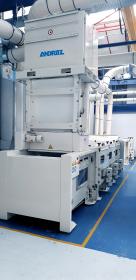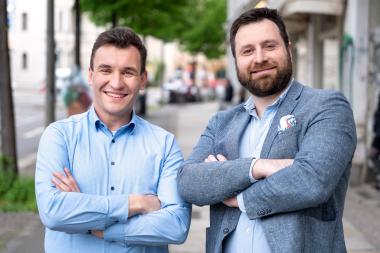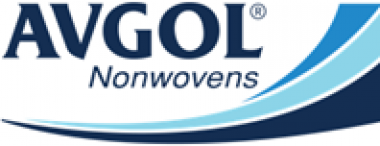Autumn Editions of Intertextile Shanghai and Yarn Expo postponed
In light of recent Covid-19 cases in China, the Autumn Editions of Intertextile Shanghai Apparel Fabrics, Intertextile Shanghai Home Textiles and Yarn Expo will be rescheduled to 9 – 11 October 2021. The fairs were originally due to take place at the end of August at the National Exhibition and Convention Center (Shanghai).
Ms Wendy Wen, Senior General Manager of Messe Frankfurt (HK) Ltd explained: “To comply with the government guidelines for pandemic containment and following discussions with our stakeholders, we have made the decision to postpone the fairs from their original August timing. To allow our exhibitors and buyers as much time as possible to plan ahead, we have already confirmed new dates with the fairground for the three concurrent fairs: 9 – 11 October.”
“I would like to thank the participants of all three fairs for their understanding and ongoing support as we continue to operate in uncertain times. We remain dedicated to providing a quality international trading platform for three sectors for the autumn / winter sourcing season, and our overseas suppliers will still be able to participate through our hybrid exhibition scheme if they are unable to be in Shanghai in-person.”
Exhibitors or visitors with any queries about these fairs should email textile@hongkong.messefrankfurt.com, or visit the fairs’ respective websites:
• Intertextile Shanghai Apparel Fabrics: https://intertextileapparel.hk.messefrankfurt.com/
• Intertextile Shanghai Home Textiles: https://intertextilehome.hk.messefrankfurt.com/
• Yarn Expo: www.yarnexpochina.com
Intertextile Shanghai Apparel Fabrics is co-organised by Messe Frankfurt (HK) Ltd; the Sub-Council of Textile Industry, CCPIT; and the China Textile Information Centre. The co-organisers of Yarn Expo are Messe Frankfurt (HK) Ltd and the Sub-Council of Textile Industry, CCPIT. Intertextile Shanghai Home Textiles is co-organised by Messe Frankfurt (HK) Ltd; the Sub-Council of Textile Industry, CCPIT; and the China Home Textile Association (CHTA).
Intertextile Shanghai Intertextile Shanghai, Apparel Fabrics, China Intertextile Shanghai Home Textiles Messe Frankfurt HK, Ltd
Messe Frankfurt (HK) Ltd
































